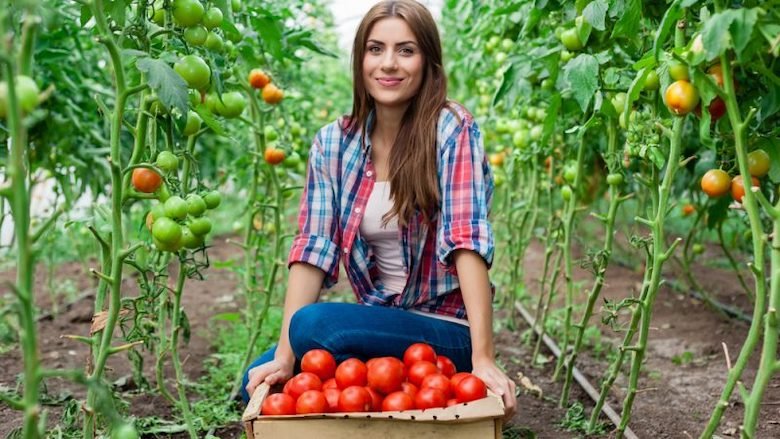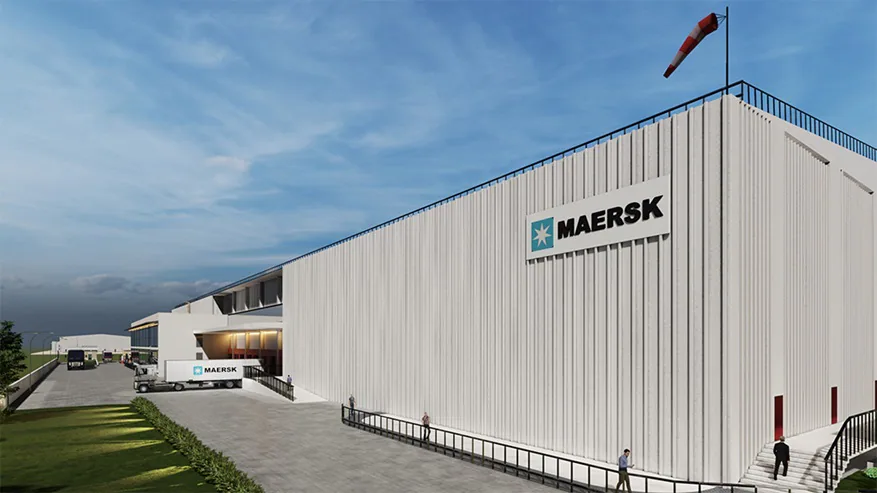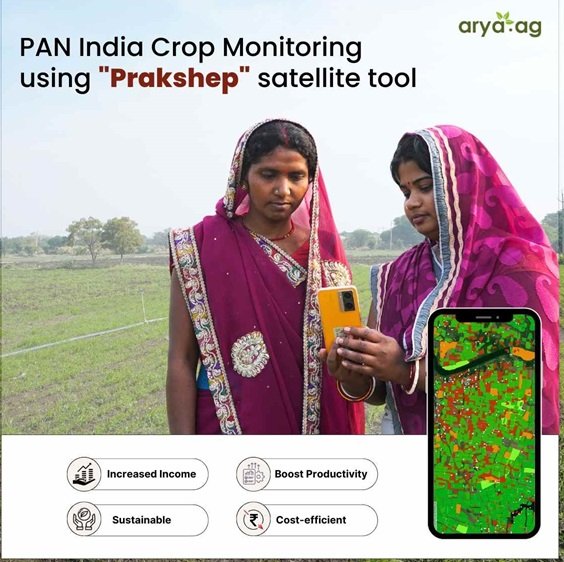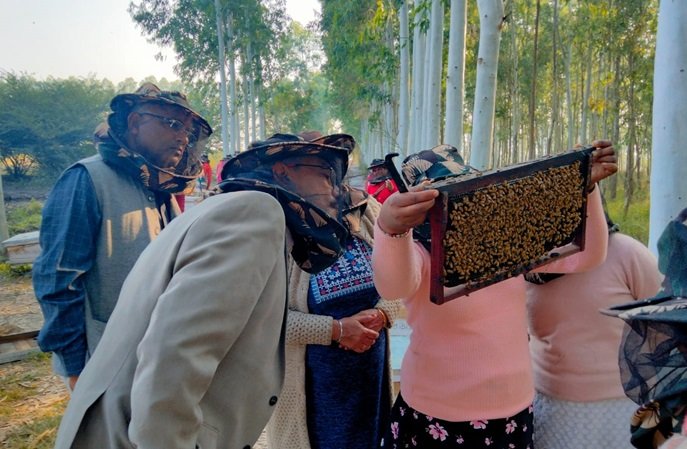Distinguished wheat scientist Dr Ravi Singh receives prestigious Padma Shri award
Dr Singh’s groundbreaking work includes the development and release of over 550 wheat varieties.
Dr Ravi Prakash Singh, a globally recognised wheat scientist, has been honoured with the prestigious Padma Shri award for his exceptional contributions to wheat research and development. As the Head of Global Wheat Improvement at CIMMYT, Dr Singh has dedicated nearly four decades to enhancing wheat yields and combating hunger worldwide. His journey in plant breeding, beginning with his master’s at BHU and culminating in a Ph.D. from the University of Sydney, has been marked by significant breakthroughs in wheat disease resistance and yield improvement.
Dr Ravi Prakash Singh, a distinguished wheat scientist and Padma Shri awardee, has significantly enhanced global wheat production with his pioneering research at CIMMYT. Recognised for developing over 550 wheat varieties and his focus on genetic disease resistance, Dr Singh’s work has been pivotal in increasing food production and nutritional quality worldwide. His efforts have strengthened partnerships between CIMMYT, ICAR, and various Indian institutions, making a profound impact on global food security and agricultural sustainability.
Dr Singh’s groundbreaking work includes the development and release of over 550 wheat varieties. His focus on genetic resistance against rust diseases has been instrumental in safeguarding wheat crops globally. At CIMMYT, his post-doctoral research has led to innovations that have bolstered partnerships with ICAR and agricultural universities in India, benefiting millions of farmers with higher-yielding, disease-resistant wheat varieties.
Dr. Singh’s contributions to wheat science have earned him numerous accolades, including the Pravasi Bharatiya Samman Award, the Young Scientist Award from INSA, and honors from various international organizations. His work has not only advanced scientific understanding but has also had a tangible impact on farmers’ livelihoods and global food production.
Dr Singh’s groundbreaking work includes the development














